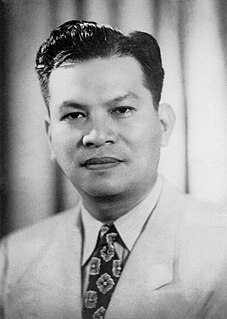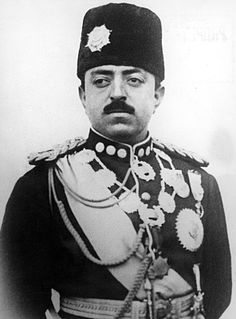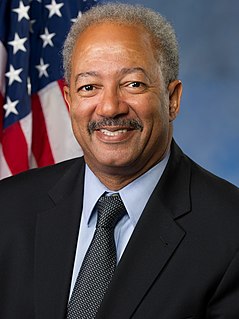A Quote by Joseph Stiglitz
European officials thought that austerity was part of what they called their 'convergence policies,' of trying to bring countries together. Instead, it actually made things worse. There's more inequality within countries and more disparity across countries.
Related Quotes
The reality is that [Barack] Obama has some 15 countries in the current Libya coalition. President Bush put together close to 50 countries for the Afghan coalition, some 40 countries for the Iraqi coalition, more than 90 countries for the Proliferation Security Initiative and over 90 countries in the Global War on Terror.
Toward the middle and end of the Fifties, West European countries became somewhat more important as providers of aid to underdeveloped countries. It was partly due to the prodding of the United States that these countries, as they regained economic viability, should shoulder their share of the aid burden.
Most people believe that inequality is rising - and indeed it has been rising for a while in a number of rich countries. And there is lots of talk and realization of this. It's harder to understand that at the same time, you can actually have global inequality going down. Technically speaking, national inequality can increase in every single country and yet global inequality can go down. And why it is going down is because very large, populous, and relatively poor countries like India and China are growing quite fast.
The U.S. and Europe may have more breakthroughs in neuroscience, but you have to put that in perspective. The U.S. has 350 million people, and there are 28 countries in the European Union. Israel is third behind these countries in its neuroscience developments, but per capita, it is way ahead of everyone.
The basic problem with the Non-Proliferation Treaty is there's no teeth in it, no penalties for countries that don't comply. Worse, as you say, the very naïve structure of the NPT has actually made it helpful for countries who want to acquire nuclear weapons. Iraq, North Korea, Iran, all used the NPT to build up their nuclear programs.





































